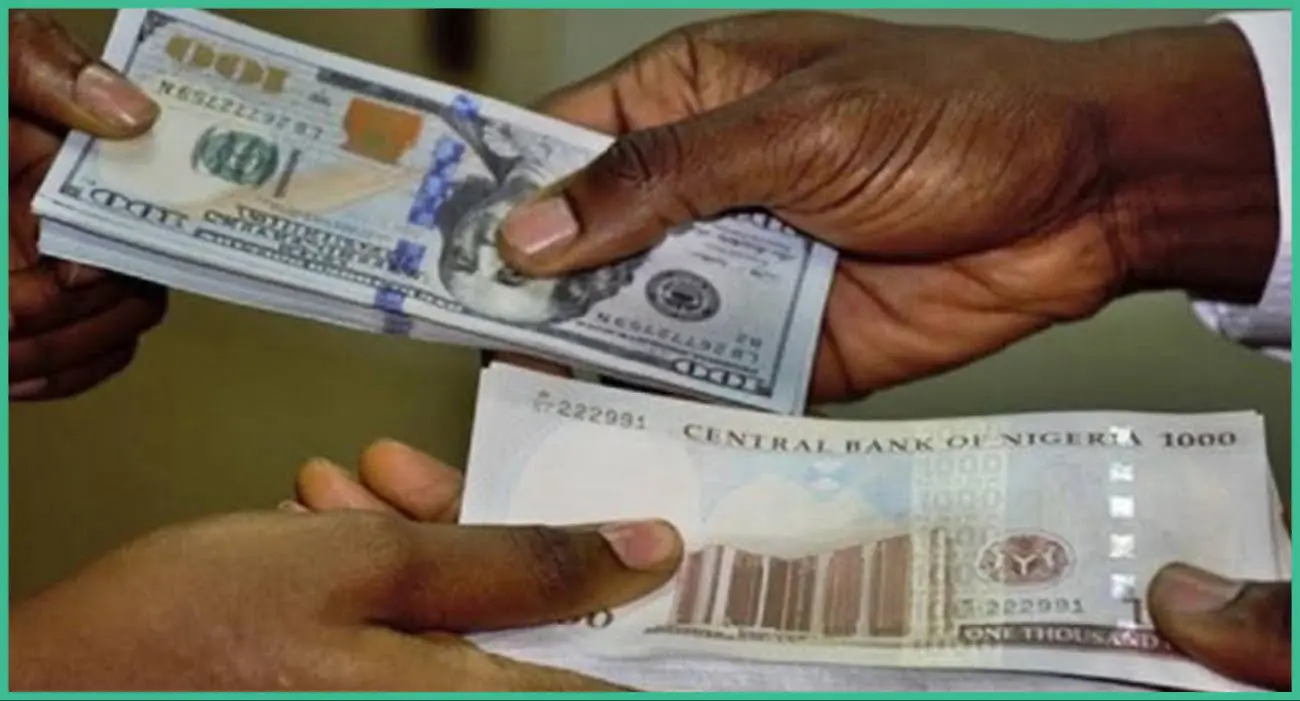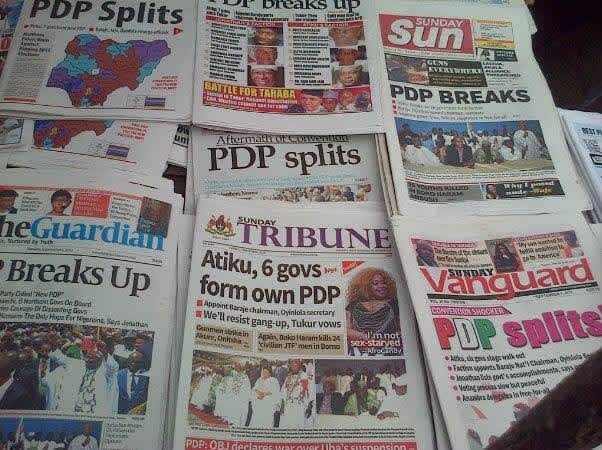Today Dollar to Naira black market and official exchange rate, Sunday December 24, 2023
Find the current AbokiFX exchange rate and official rate as of Sunday, December 24, 2023.
Black market rate is the price rate at which people use to change currency (Naira to Dollar) in the black market. It is also known as a parallel market, or AbokiFX.
However, the Central Bank of Nigeria (CBN) does not recognize the black market or AbokiFX. The CBN has advised those interested in forex to approach their various banks.
How much is black market rate today?
On Sunday, December 24, 2023, Bureau de Change (BDC) sources reported that in the parallel market (black market or AbokiFX), you can buy a dollar at the rate of ₦1228 and sell it for ₦1233.
| Dollar to Naira (USD to NGN) | Black Market Exchange Rate Today |
|---|---|
| Buying Rate | ₦1228 |
| Selling Rate | ₦1233 |
Dollar to Naira official or bank rate
According to CBN’s official website, Nigerian banks are buying a dollar at ₦1038.63 and selling it at ₦1039.63. This is the official or bank rate of the dollar to naira as of Sunday, December 24, 2023.
| Dollar to Naira | Official/Bank Rate Today |
|---|---|
| Buying Rate | ₦1038.63 |
| Selling Rate | ₦1039.63 |
Factors affecting exchange rate
Exchange rates can be high or low due to various factors, including:
- Interest Rates: Higher interest rates in a country can attract foreign capital, increasing the demand for its currency and potentially strengthening its exchange rate.
- Inflation Rate: Lower inflation in a country generally appreciates its currency’s value because it has greater purchasing power.
- Economic Stability: Countries with stable economies are seen as safer investments, attracting foreign capital and strengthening their currency.
- Government Debt: High levels of government debt can lead to inflation and uncertainty, which can weaken a currency.
- Political Stability: Political events, like elections or policy changes, can impact investor confidence and, subsequently, exchange rates.
- Market Speculation: Traders and investors can influence exchange rates through speculation on future currency movements.
- Trade Balance: A country with a trade surplus (exports > imports) tends to see an appreciation of its currency due to increased demand.
- Market Sentiment: Public perception and sentiment about a country’s economic prospects can affect exchange rates.
- Central Bank Actions: Central banks can influence exchange rates by adjusting interest rates or through currency interventions in the foreign exchange market.
- Speculative Attacks: If there’s a perception that a currency is overvalued, it can come under speculative attack, leading to depreciation.
- Global Economic Conditions: Worldwide economic events and trends, such as global recessions or economic growth, can affect exchange rates.
- Geopolitical Events: Conflicts, trade tensions, and geopolitical instability can impact currency values.







